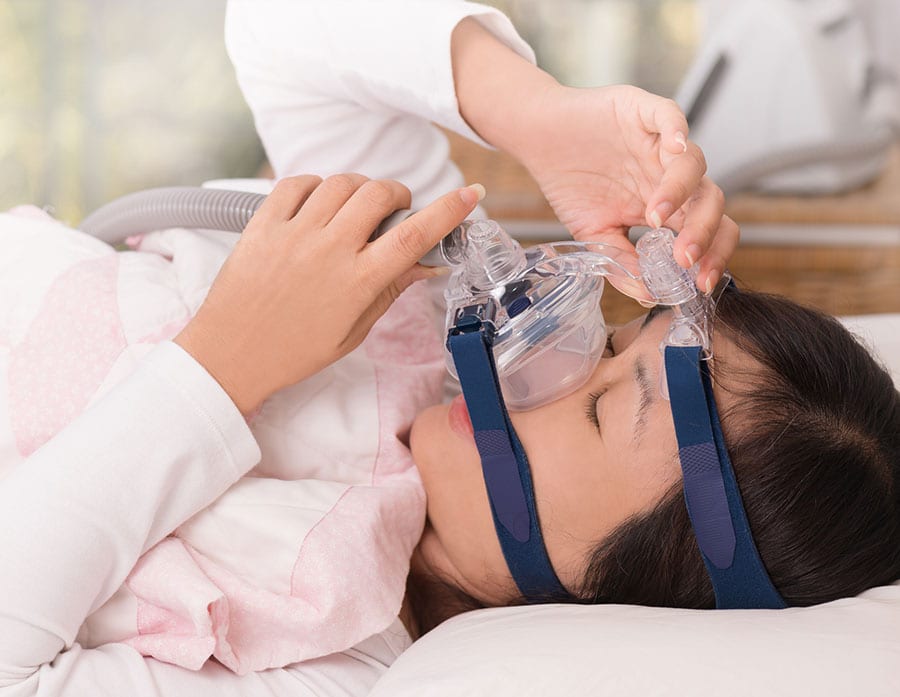
Excessively loud snoring is not just annoying for anyone close enough to hear it, it may also present a health risk. Frequent gasping and noisy breathing that interrupts sleep could be a symptom of obstructive sleep apnea, a serious disorder that is linked to problems like diabetes and heart trouble when left untreated.
The most common course of treatment for sleep apnea includes changes in lifestyle like weight loss, changes in sleeping position, and the use of a special device to free up airways and minimize snoring. In cases where these treatments fail, surgery may be needed. A type of surgery can be performed by a sleep apnea surgery specialist to correct misaligned bones and tissues found in the throat that can block airway passages.
Uvulopalatopharyngoplasty
That’s quite a word; let’s just call it UPPP for short. This procedure is the most common sleep apnea surgery, which involves adjusting or trimming the soft palate found on the roof of the mouth. This increases the size of the airway and may help to alleviate this condition. Some patients even have the uvula, that fleshy lump dangling from the back of the throat, removed. The most common side effect after the surgery is a sore throat, which is easily treatable using anti-inflammatories. Patients are typically able to resume work and daily activities in only one week after their surgery.


Maxillomandibular Surgery
It is common for a sleep apnea surgery specialist to consider this surgery to be the most effective option for the treatment of sleep apnea. It is important to realize that this is a very invasive procedure that involves fracturing and resetting the jaw. Your surgeon begins by moving both the upper and lower jaws to increase the airway and allow for unobstructed breathing. Since this is a very invasive form of surgery, you will need to remain overnight in the hospital. Your jaw may be wired shut for a few weeks to promote complete healing.
Nasal Surgery
Your sleep apnea surgery specialist may recommend nasal surgery when you have a deviated septum. Your septum is the bony ridge separating your nostrils. It is not uncommon for the septum to be off-center or contain growths that could obstruct your breathing, leading to the development of sleep apnea. Nasal surgery is most commonly meant to improve the use of the CPAP method of treating sleep apnea to allow more air to enter the airway.
Surgery Preparations
You may be advised to avoid taking medications that could thin your blood, as they could increase your risk of bleeding following your surgery. Be sure to inform your sleep apnea surgery specialist of any blood thinning medications that you are taking, including nutritional or herbal supplements. You should also avoid eating for a few hours before your surgery to lower the risk of developing nausea from the anesthesia. Make sure that you arrange for a ride home after your surgery, since there may be lingering effects from the anesthesia.
